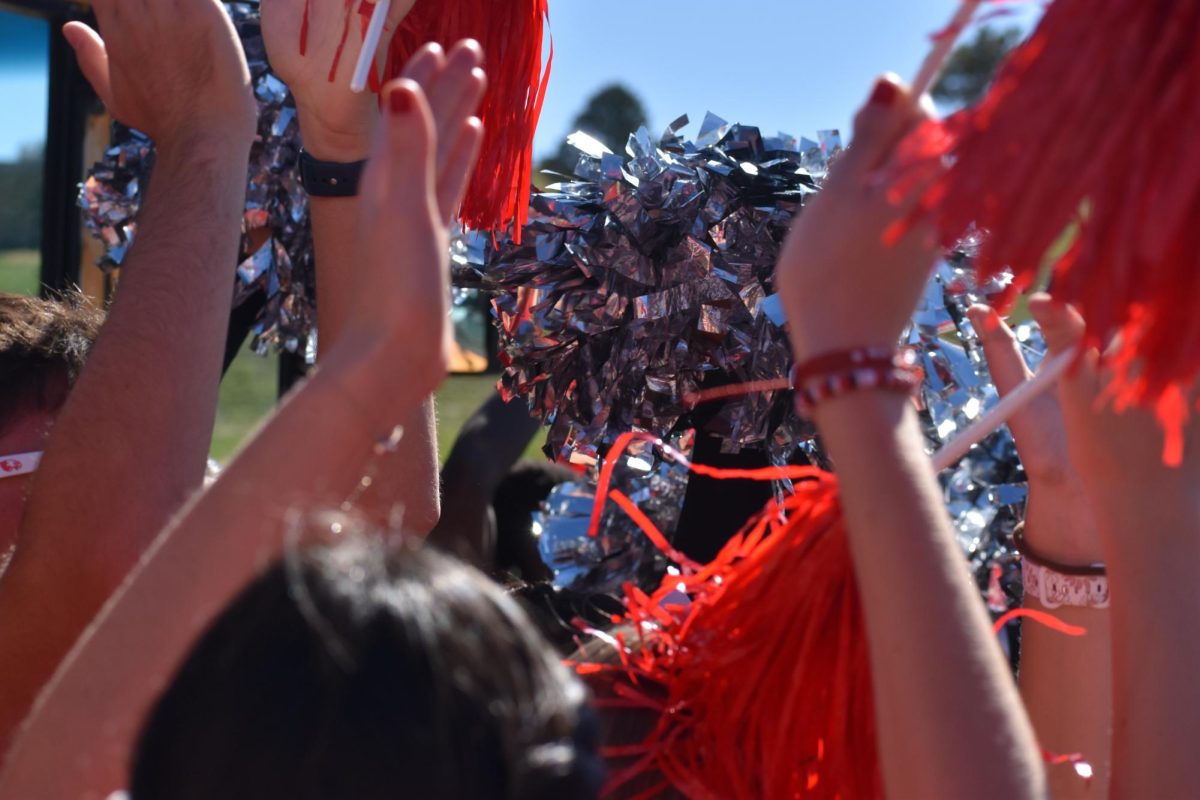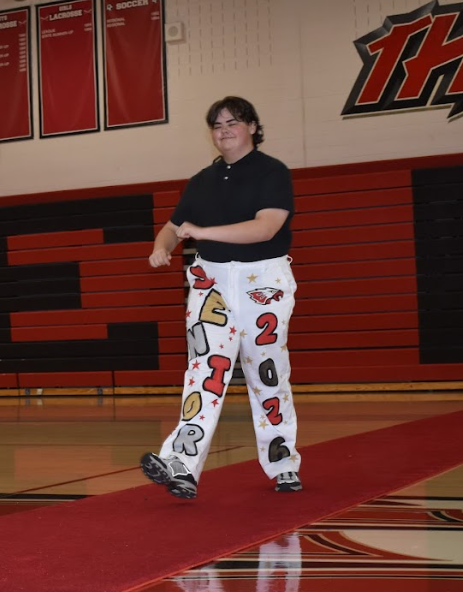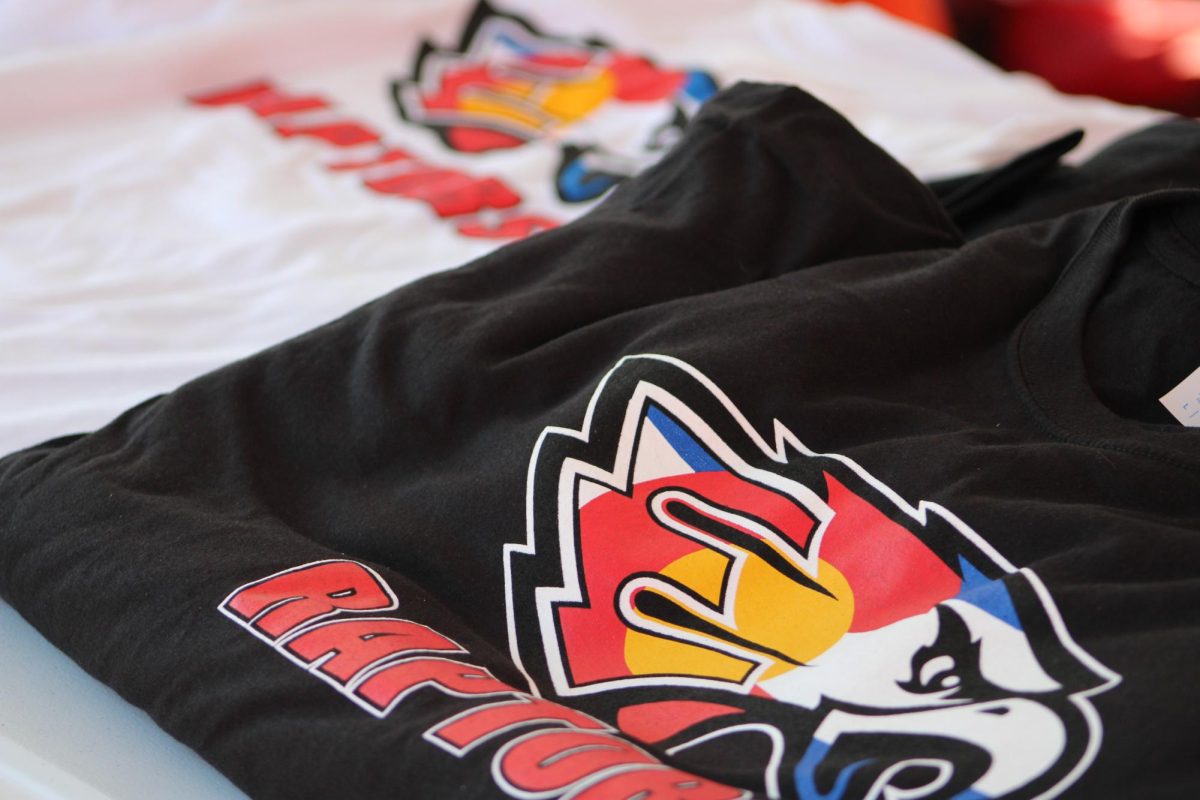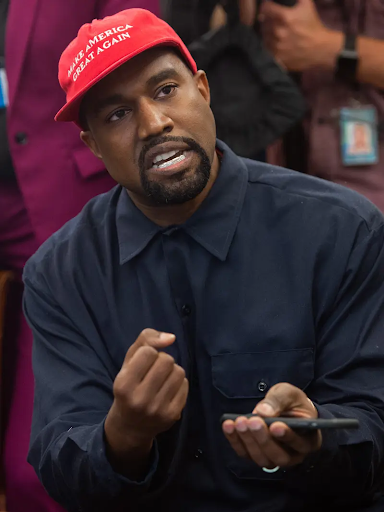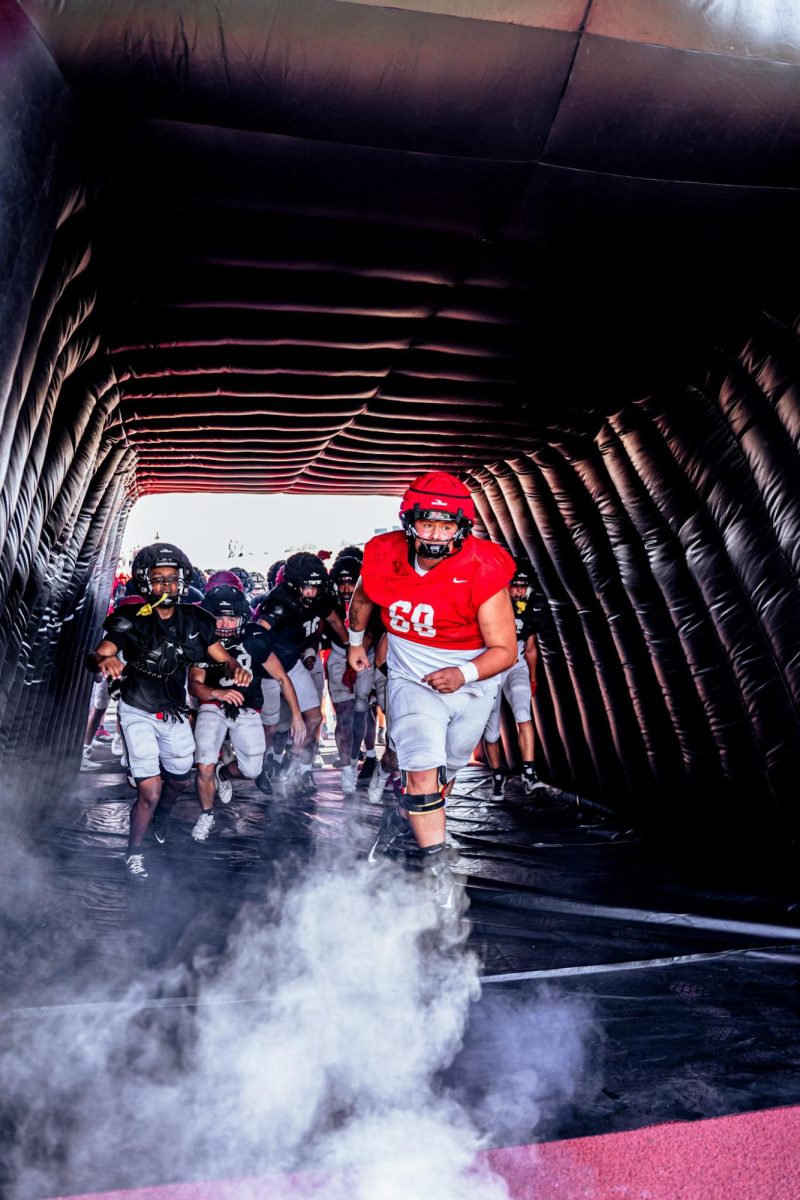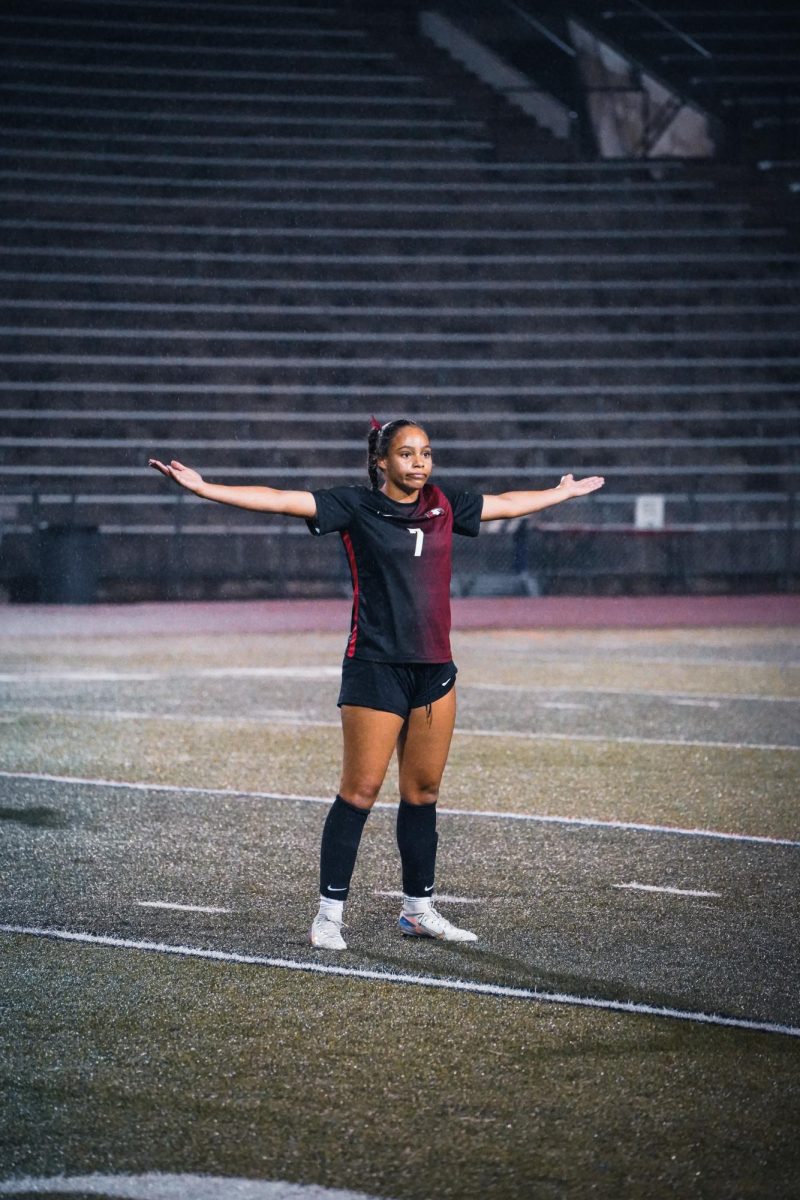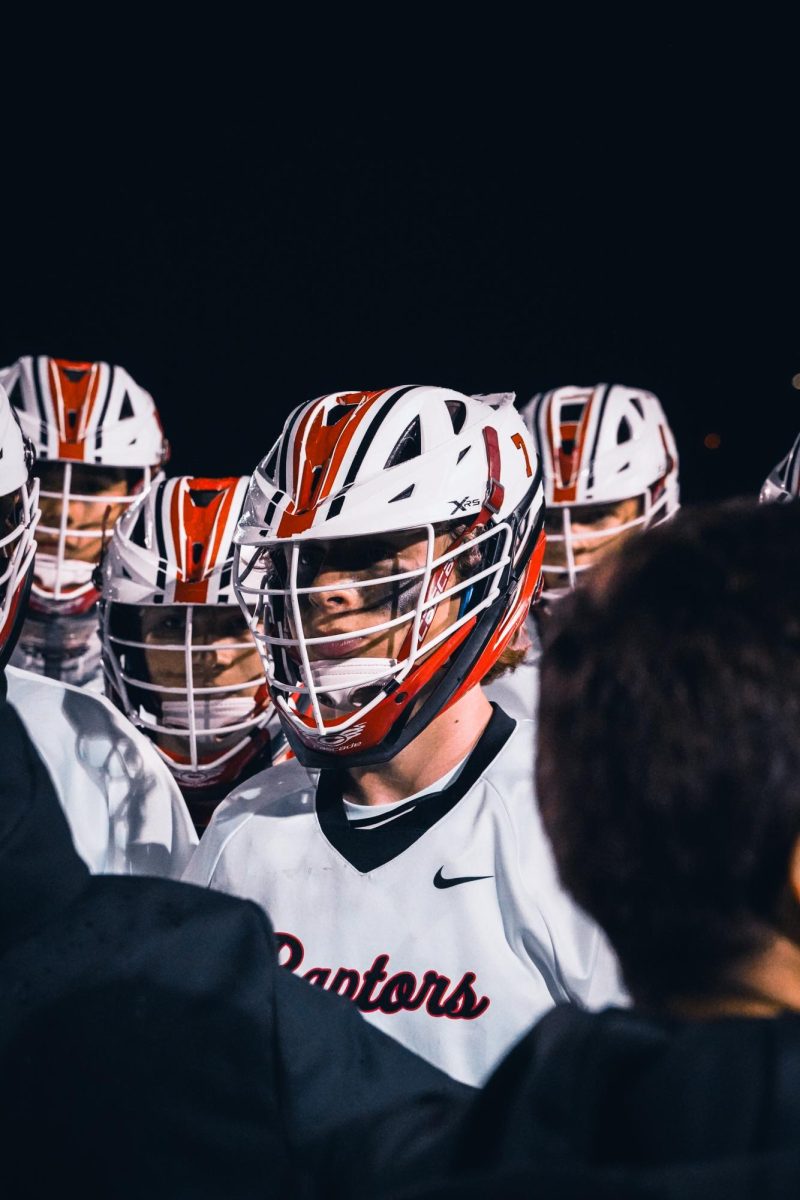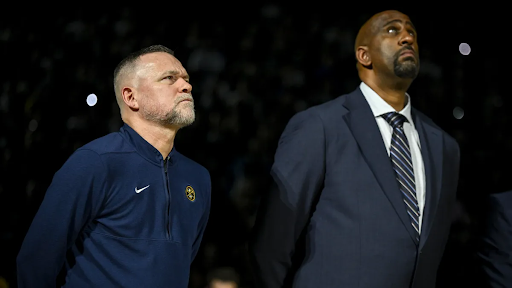A new and controversial topic has been brought to attention around the globe. This subject discusses whether transgender athletes should be able to compete in high school sports with the members of their preferred sex. Gender, age, backgrounds, and political affiliation are factors that can help predict individuals opinions on this matter. While some may be completely accepting and supportive of transgender people and members of the LGBTQ+ community, they might perceive them competing in sports at high levels to be unfair, and vice versa. While some may be against transgender people and members of the LGBTQ+ community, they might be in favor of them playing high level sports to expand the strengths and skill levels of themselves or other athletes. Freshly implied legislation has heavily impacted the consequences of this subject.
This national debate began getting heated when news that Blaire Fleming, a former volleyball player at San Jose State University, became a central figure around America. Several teams in the Mountain West Conference forfeited matches against SJSU, citing safety concerns and fairness issues, particularly regarding Fleming’s powerful spikes. These forfeitures, along with a lawsuit filed by nine players seeking to ban her from competition, culminated in a legal battle. A federal judge ruled in her favor, allowing her to compete in the conference tournament, stating that the team’s inclusion policy aligned with NCAA rules and that the plaintiffs had not shown they were likely to win their case.
The controversy surrounding Fleming’s participation led to a mass exodus of players from the SJSU volleyball program. Seven players entered the transfer portal, and assistant coach Melissa Batie-Smoose was suspended for allegedly favoring Fleming over other players. Fleming faced intense public scrutiny, including threats and protests, and eventually moved out of her shared apartment. She later revealed that she had been suicidal during this period.
In the aftermath, both Fleming and co-captain Brooke Slusser, who had filed the lawsuit against the NCAA, left SJSU. Fleming now resides in Virginia, while Slusser continues her advocacy in Texas. The legal disputes remain ongoing, reflecting the deep divisions and challenges in balancing inclusion with concerns over fairness and safety in women’s sports.

“As a coach at Eaglecrest and someone involved in women’s sports, I think this decision at the national level was really disheartening,” said English teacher and assistant boys and girls tennis coach Maggie Pooler. “Historically, states have the power to regulate education and public-school sports. By this being made at the national level, we took away our state’s rights to choose what is best for our communities.”
In early February, among his first days back in office, President Trump passed the “No Men in Women’s Sports Executive Order”. Trump’s administration will proceed to roll back the Biden administration’s guidance on Title IX, which is a civil rights law that prevents sex-based discrimination in education programs and activities that receive federal funding. Under the former guidance, schools were required to allow transgender students access to school sports teams and sex segregated facilities that align with their gender identities. Trump’s order will instead bar students that were assigned a male at birth from engaging in girl’s and women’s sports and using women’s restrooms. The Department of Education will be tasked with investigating potential violations too.
Charlie Baker, the president of the NCAA – has already taken the necessary steps to align their policies to Trump’s desires. The association announced an update to their transgender student-athlete policy within mere days: NCAA women’s sports were restricted to students that were assigned female at birth , while NCAA men’s sports remained open to all student athletes, regardless of what sex they were assigned at birth. To Baker, this clarity will let college sports continue to modernize.
The fact that this executive order was signed on Wednesday February 5th, which is National Girls and Women in Sports Day, is rather coincidental. The national holiday is widely popular across the U.S..
Trump had signed three other executive orders before this one that directly targeted transgender people. On his Inauguration Day, he signed an order that stated that the government would only recognize two sexes, males and females. Trump also claimed that these two genders were not changeable. In addition to this, Trump signed orders barring transgender people from openly serving in the military and restricting access to gender-affirming care younger than 19 nationwide. Various LGBTQ+ organizations have criticized the many efforts that he has been pushing for since the November elections.
“I think our non-binary and transgender students feel really excluded from a lot of spaces in our country,” said Pooler. “It breaks my heart that some of our student-athletes feel like they don’t belong in one of our programs at Eaglecrest due to this decision.”
It would be a shame to see the mental health of transgender student-athletes deteriorate because they were denied the right to participate in a sport at the high school level. If they try out or audition for a sport because they want to meet new people or want to maintain or advance their physical well being, they should be free to do so. Maybe they began playing a specific sport before they decided to transition genders and desired to continue playing it after they had made that switch. Members of the transgender community should not have to feel left out or unwelcomed because they are expressing themselves in the way that they choose to.
In my opinion, transgender students should have the ability to compete in any high school sport as long as some limitations or requirements are set into place. Practicing with the team that best suits their skill level is something that I would personally deem as appropriate. However, engaging in league games, matches, tournaments, competitions, or meets without regulating their hormones to match those of the people they are competing against would be unfair. Student athletes, especially those who are in high school, should all have an equal chance to succeed. I think that whether transgender athletes should be allowed to be a part of an athletic program or not should be up to those program’s governing bodies. If there were enough resources, dollars, and willing athletes, another branch of sports could be created specifically for transgender people. If this were to occur, there would be girls sports, boys sports, and transgender sports. Transgender athletes would feel seen while stability among teams and impartiality were ensured. Everyone’s needs would be taken into account this way.
“I do believe that female athletes should not have to compete against athletes who were born as males, ” said Eaglecrest’s head track and field coach, Chris Carhart. “The biological differences make it a non level playing field.”
Although judgements about this controversial topic vary, it is important to remember that making minorities feel accepted is crucial to positively promoting society today. Sports should always remain friendly and entertaining, no matter what hardships may arise.


